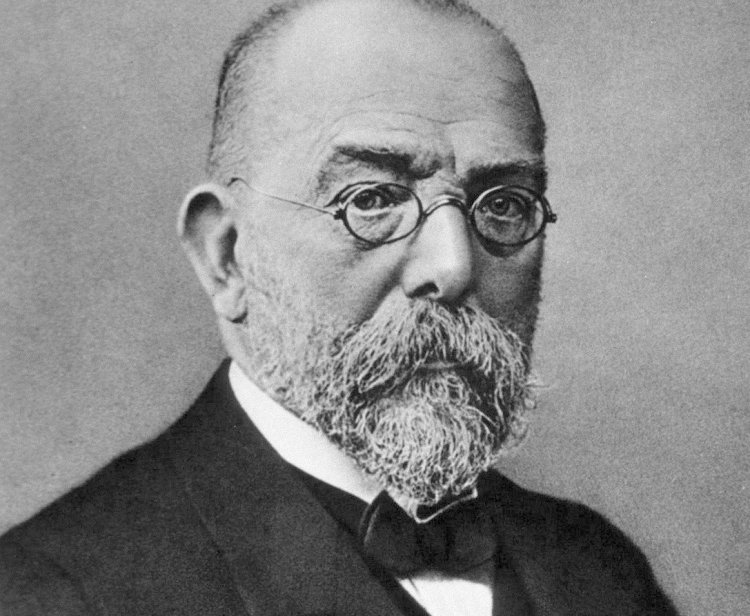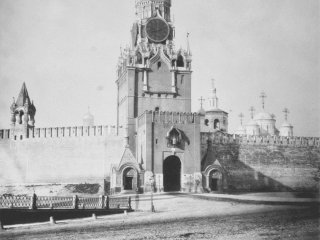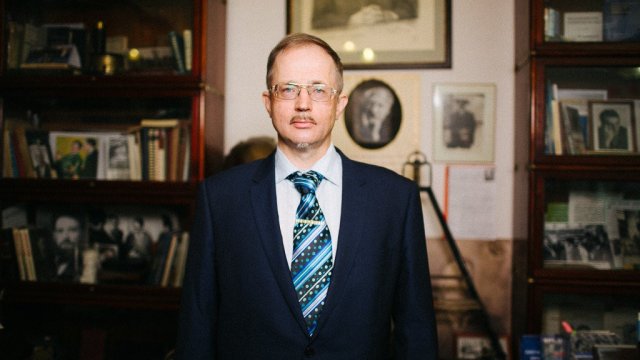
Once a young man entered Robert Koch’s laboratory and found him in front of a cooking pot. “Guess what is here,” suggested the famous microbiologist. “A cholera germ?” “No.” “A tubercule bacillus?” “No. Sausage rolls, young man, sausage rolls!” It is easy to understand the young man: there are things strongly associated with their discoverers or inventors: the binomial theorem is always Newton’s, and the phonograph, Edison’s. And, when we say “bacillus”, everyone will understand that we are taking about Koch’s bacillus. Koch’s wife gave him a microscope for his 28th birthday. For many years, he had been looking for a bacillus that caused tuberculosis, the plague of the 19th century. And he found it: he colored a tuberculosis patient’s sputum with special colorants and studied it under the microscope. In 1882, Koch announced that he had found the bacillus that caused tuberculosis. A year later, he discovered the cholera germ and won a Nobel Prize in 1905, for saving the humanity from tuberculosis. The great scientist was famous worldwide, but it did not impede him to cure ordinary people. When Wilhelm II of Germany insisted that he had to be treated differently from poor people, Koch answered: “That is impossible. They say that I treat my patients like royalty.” However, most of all, Koch has to be venerated by beer lovers: he considered it a remedy, at least, against cholera. The germs die in it in a few hours and the disease stops developing.
























